Building The Capacity of State Leaders
The Center for Civic Futures (formerly CPSAI) brings private and public sector leaders together to build the government's capacity to make thoughtful decisions about where and how to deploy AI and other emerging technologies to address their most pressing service delivery challenges. High-quality, cross-sector partnerships are more important than ever as government leaders seek to unlock AI's potential while balancing its very real risks.
The leaders we engage are committed to establishing a framework that encourages safe exploration within government and maximizes benefits while mitigating risk. We are hopeful that, with careful and strategic deployment, generative AI and other emerging technologies will be a powerful instrument to enhance human potential, create greater opportunities, and improve overall well being.
It's important to note that the involvement of any state, local, or federal official in this initiative does not commit their respective jurisdictions or agencies to any specific decisions, recommendations, technologies, or outcomes generated by The Center for Civic Futures (formerly CPSAI).
The Center for Civic Futures' (formerly CPSAI) mission is to foster collaborative discussions and provide leaders with the tools and insights needed to evaluate and deploy AI effectively, ensuring it catalyzes positive transformation within the public sector.
General Committee Purpose and Structure
The Center for Civic Futures is a nonpartisan, non-profit fiscally sponsored project of Digital Harbor Foundation. The Center for Civic Futures Advisory Committee and the Public Sector Advisory Board will work together to develop a flexible structure that aligns with our mission and upholds the values established by its members.
A 2022 survey by the National Governors Association found that 92% of governors believe that AI has the potential to improve HHS services.
Public Sector Advisory Board
Board Role:
- 1
The Public Sector Advisory Board's primary role is to ensure that the Center for Civic Futures' activities reflect the priorities of and provide current value to states & agencies.
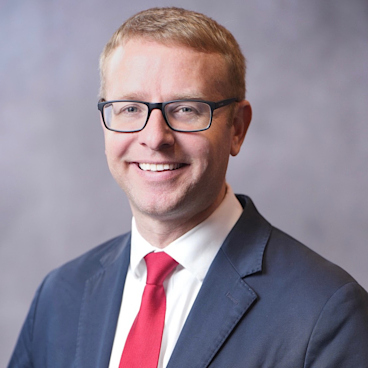
Alex Adams
Director, Idaho Department of Health and Welfare
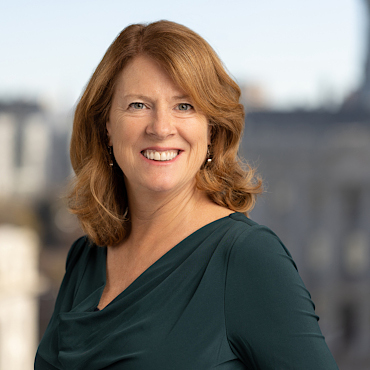
Michelle Barnes
Executive Director, Colorado Department of Human Services

Charlie Brereton
Director, Department of Public Health & Human Services, State of Montana

Justin Brown
Former Secretary, Human Services, State of Oklahoma
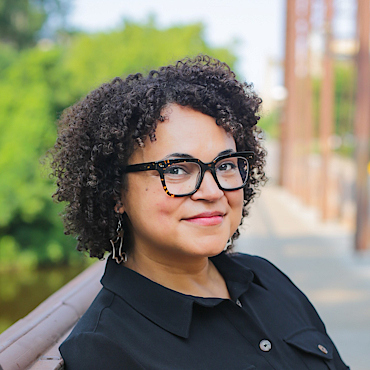
Tikki Brown
Commissioner, Minnesota Department of Children, Youth, and Families

Kelly Garcia
Director, Department of Health & Human Services, State of Iowa
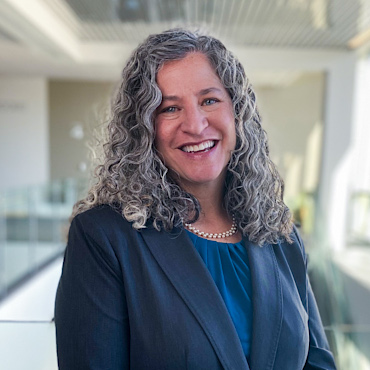
Tracy Gruber
Executive Director, Utah Department of Health and Human Services
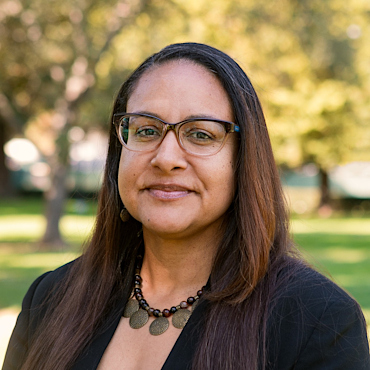
Kim Johnson
Secretary, California Health and Human Services Agency
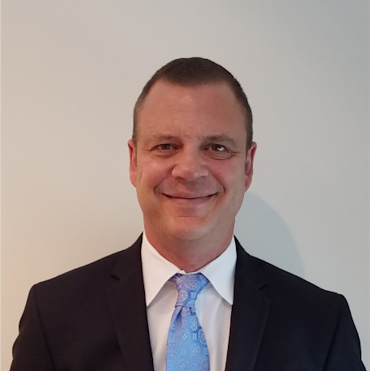
Dan Makelky
Director, Human Services Arapahoe County, State of Colorado

Fariborz Pakseresht
Director, Department of Human Services, State of Oregon
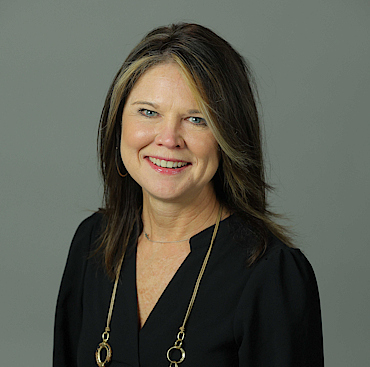
Kristi Putnam
Secretary, Arkansas Department of Human Services
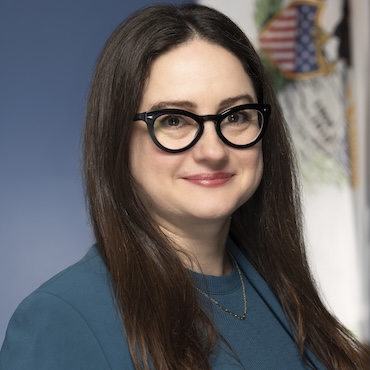
Teresa Ramos
Secretary, Illinois Department of Early Childhood
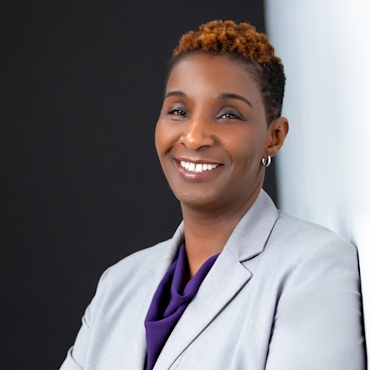
Andrea Barton Reeves
Commissioner, Connecticut Department of Social Services
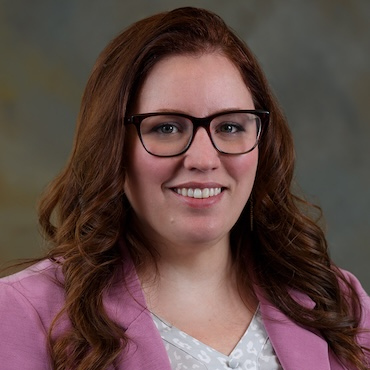
Molly Regan
Deputy Executive Commissioner, Access and Eligibility Services, Texas Health and Human Services Commission

Angie Rodgers
Director, Department of Economic Security, State of Arizona

Gary Wilson
Assistant Commissioner, Tennessee Department of Human Services
Non-Government Advisory Committee
The Non-Government Advisory Committee comprises non-government representatives, including partners from philanthropic, non-profit, academic, and corporate sector organizations.
Committee Role:
Act in an advisory role to ensure that the Center for Civic Futures' activities connect with non-government stakeholders and participants.
Share the work of the Center for Civic Futures with stakeholders, including other potential partners.
Provide thoughts and insights on the evolution of tools and thought leadership content.